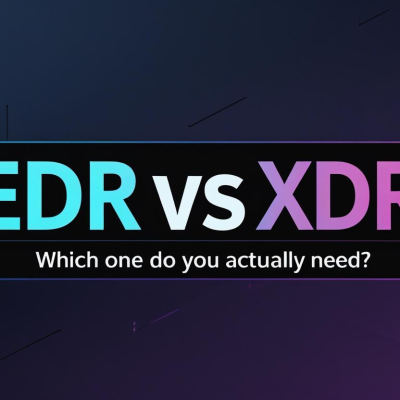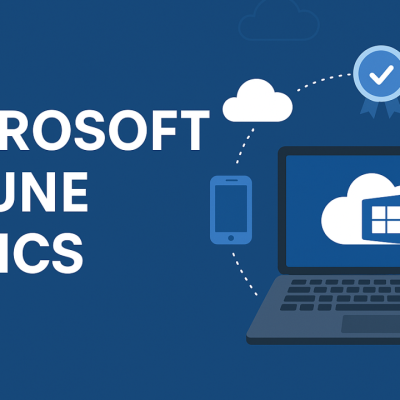UBS, one of the world’s most prominent financial institutions, recently confirmed a data breach that exposed sensitive information of over 130,000 employees. The breach originated not from UBS’s internal systems, but from a third-party service provider, Chain IQ—a procurement and supply management partner.
The compromised data reportedly includes employee names, contact information, and work-related details, though UBS clarified that no client financial data was affected. Still, the reputational and operational impact of this event is significant, especially in a highly regulated industry like finance.
This breach is another example of how third-party and supply chain risks are becoming one of the biggest blind spots in enterprise security. Even if your organization invests in robust controls, your exposure extends to every vendor you rely on—particularly those with access to personnel or system-level data.
🔍 Key Lessons from the UBS Incident
1. Continuous Security Assessments Are Essential
Don’t treat vendor onboarding as a one-time event. Regular audits, security scorecards, and reassessments are crucial as threat landscapes evolve.
2. Apply Zero Trust to Vendor Access
Vendors should be granted least-privilege access with continuous monitoring and real-time access restrictions based on risk signals.
3. Contractual Safeguards Must Be Non-Negotiable
Ensure every vendor contract includes clear expectations for cybersecurity practices, breach reporting timelines, and liability in case of failure.
At TrustNet Solutions, we help businesses build resilient third-party risk management programs through automated vendor evaluations, policy enforcement, and compliance tracking. Our approach ensures you don’t just trust your partners — you verify them continuously.





